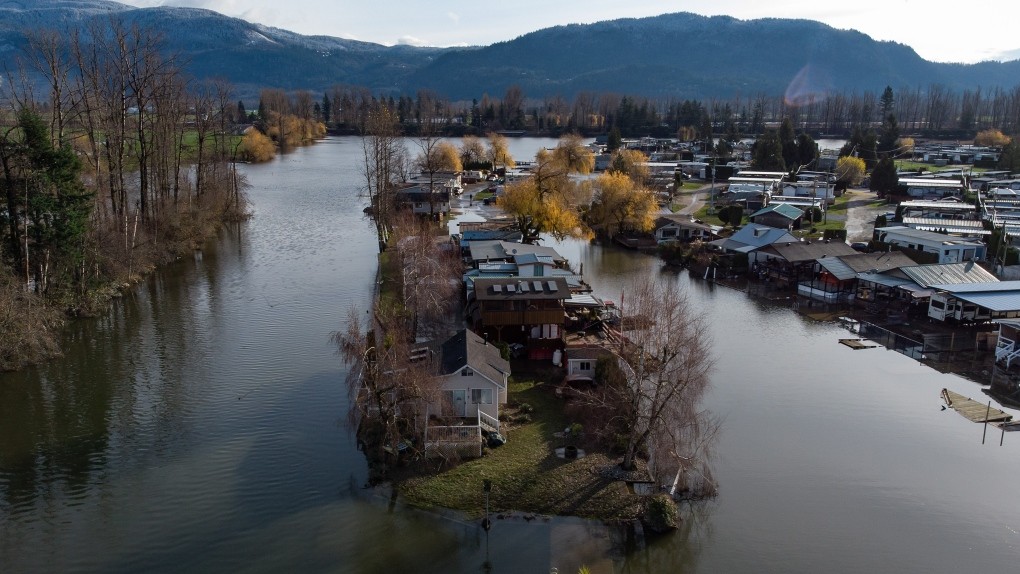Latest News
- Four years after Indigenous woman dies in Niagara Hospital, family still waiting for coroner's investigation
- Lawyer: British Columbia RCMP officer should be fired or resign immediately
- B.C. government looks to offer loan guarantees to property owners in Cowichan Aboriginal title area
- Uber driver's account in Toronto suddenly deactivated; only source of income cut off after 'duplicate account' claim
- TDSB education chief fired by provincial supervisor; sweeping changes at Canada's largest education board
Latest Ads
-
Jasmine Jewel
Call
-
Omidan group
Call
-
Amir Madanpour
Call
-
Dimo studio
Call
-
Yorkacademy
Call
-
Maryambagheri
Call
-
Shishlix Restaurant
Call

After a year of natural disasters, where should Ottawa's climate policy go in 2024?
2023 was a year full of natural disasters for Canada. From wildfires in western Canada to floods in the east, Canada has seen the devastating effects of climate change.
In this regard, the federal government of Canada must take more measures to deal with climate change in 2024. These measures should include the following:
Increasing greenhouse gas emission reduction targets: The federal government of Canada should increase its greenhouse gas emission reduction targets for 2030 and 2050. These goals should be in line with the global goal of 1.5 degrees Celsius.
Investing in renewable energy: The Canadian federal government should invest in renewable energy to help reduce Canada's dependence on fossil fuels. These investments should include such things as the development of solar energy, wind energy and hydropower.
Supporting Vulnerable Communities: The federal government of Canada must support vulnerable communities against climate change. These supports should include things like helping communities adapt to the effects of climate change.
The following are examples of actions the Canadian federal government can take to address climate change by 2024:
Increasing taxes on fossil fuels: This can help reduce the demand for fossil fuels and thus reduce greenhouse gas emissions.
Providing financial incentives to invest in renewable energy: This can help reduce the costs of renewable energy and thus increase their adoption.
Development of insurance programs to help communities vulnerable to climate change: These programs can help communities compensate for losses caused by natural disasters.
The Canadian federal government must take serious measures to combat climate change by 2024. These measures are necessary to protect Canada from the damaging effects of climate change.
news source
Suggested Content
Latest Blog
Login first to rate.
Express your opinion
Login first to submit a comment.
No comments yet.


































